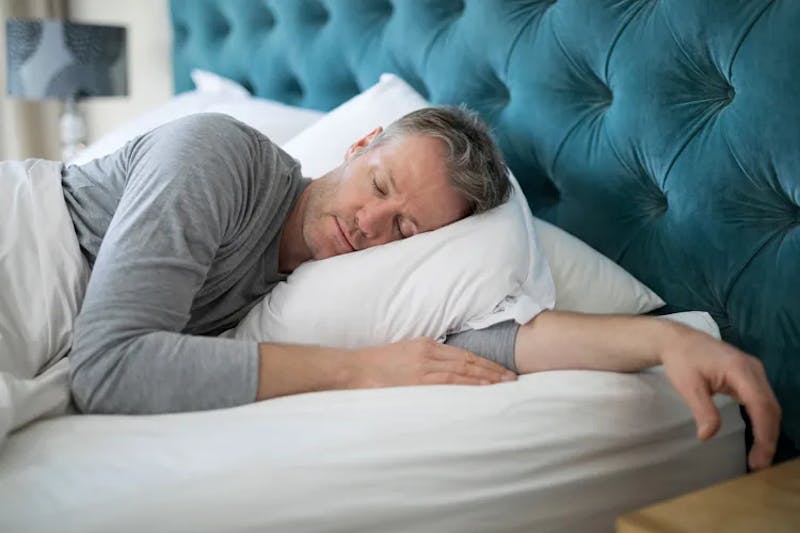
Sleep is vital for our physical health, mental health, and general well-being. Unfortunately, for many people, getting enough sleep is a nightly challenge that can seem almost impossible to overcome. One of the most significant causes of difficulty sleeping is obstructive sleep apnea, a common sleeping disorder.
Sleep apnea is caused by loose tissues in the throat or a narrow throat passage. When you’re asleep, the muscles relax and cause you to snore loudly and gasp awake at night as your body tries to get enough oxygen. These wake-ups are brief and are often not remembered in the morning. Sleep apnea deprives your body of adequate, solid sleep and increases the risk of stroke, heart failure, diabetes, and other physical problems, not to mention its effect on your mood and state of mind.
What can be done about sleep apnea?
There are a number of treatments that can help reclaim your quality of life and resolve sleep apnea. There are some ways you can start at home, such as the following:
- Sticking to a regular sleep schedule
- Altering your sleeping position
- Turning off screens a couple of hours before you go to sleep
- Using a humidifier
- Sleeping in a dark room
- Losing weight
- Controlling the temperature of your sleeping space
- Regular exercise
- And others
Successful sleep apnea treatments
Other treatments are more extensive, requiring work with a doctor who specializes in sleep disorders, such as an ENT.
CPAP (continuous positive airway pressure)
These include a CPAP machine, which is a breathing mask worn at night that delivers greater air pressure into the airway, going into the back of the throat. This prevents the throat tissues from collapsing during your sleeping hours when your muscles are relaxed.
Jaw advancement surgery (maxillo-mandibular advancement)
Jaw advancement surgery, also called maxillo-mandibular advancement, can resolve sleep apnea for more than 80% of people. This surgery restructures the jawbones and fixes them in place with titanium screws and plates, changing the facial profile to improve the airway. Surgery generally results in no more need for other treatments such as medication, CPAP, or other changes.
UPPP (uvulopalatopharyngoplasty)
This surgery removes excess tissue in the throat that contributes to sleep apnea. During a UPPP surgery, the tonsils and parts of the soft palate and other tissues are removed to increase the size of the airway, reducing throat obstruction.
Nasal steroids
Nasal steroids can be effective in treating sleep apnea as they help keep the nasal passages open to allow better airflow. Nasal steroids include Flonase (fluticasone), Nasonex (mometasone), and Rhinocort (budesonide).
Sleep apnea treatments at Texas ENT Specialists
For over 20 years, the trusted team at Texas ENT Specialists has been successfully serving patients who are suffering from sleep apnea and other sleep disorders. Our highly-trained physicians and ENT doctors are dedicated, understanding, and experienced with a wide range of treatments that effectively help resolve sleep apnea. We understand how debilitating sleep apnea can be, and we care about helping you restore your quality of life. Please call today for a consultation about sleep apnea treatments at Texas ENT Specialists.

